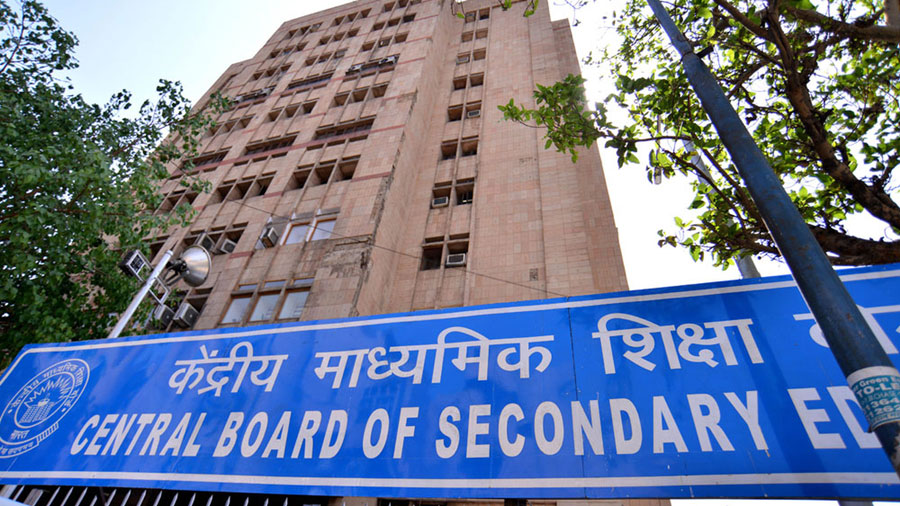Newz Desk, Durgapur: Durgapur is not just an industrial city, but also an education hub offering premier academic institutions, diverse courses and reputed schools affiliated to CBSE, ICSE, and West Bengal board. Schools in the city affiliated with the Central Board of Secondary Education (CBSE) have begun implementing APAAR ID (Automated Permanent Academic Account Registry) compliance for students of Classes IX and XI. Starting with the 2026 board exams, all students will be required to link their APAAR ID with their board exam registration.
APAAR ID (Automated Permanent Academic Account Registry) is a unique identification number issued to students as part of the ‘One Nation, One Student ID’ initiative under the National Education Policy (NEP) 2020. Following CBSE’s directive making APAAR ID mandatory for the 2025–26 board exams, schools are ensuring compliance as students without an active ID will not be allowed to appear for the examination, and their names will not be included the list of candidates (LOC) submitted to the board.
- What is APAAR ID?
APAAR stands for Automated Permanent Academic Account Registry.
It’s a 12-digit unique ID that stays with a student throughout their academic life — from pre-primary to higher education.
This ID will be linked to a student’s Digilocker account and stores academic records in one place. - Purpose of APAAR ID
It will digitally store a student’s academic achievements (report cards, certificates, awards, etc)
It can track academic progress across schools, boards, and universities
It will allow seamless migration of students between schools or educational institutions
It can integrate vocational training, skills, and sports data in one place
It will help create a national education repository to streamline record-keeping. - Documents required for the ID
Aadhaar Card (mandatory)
Parental consent form
Basic student details (Name, date of birth, school details)
Is APAAR ID mandatory?
As of 2025, CBSE strongly encourages schools to register students for APAAR. For most government-affiliated schemes and digital credentialing, it is becoming essential. However, it’s not legally mandatory yet — consent is still required.
Schools have advised the parents to provide documents promptly so the examination process can be processed smoothly. And have also started individual follow-ups with students who have not yet completed the process.



